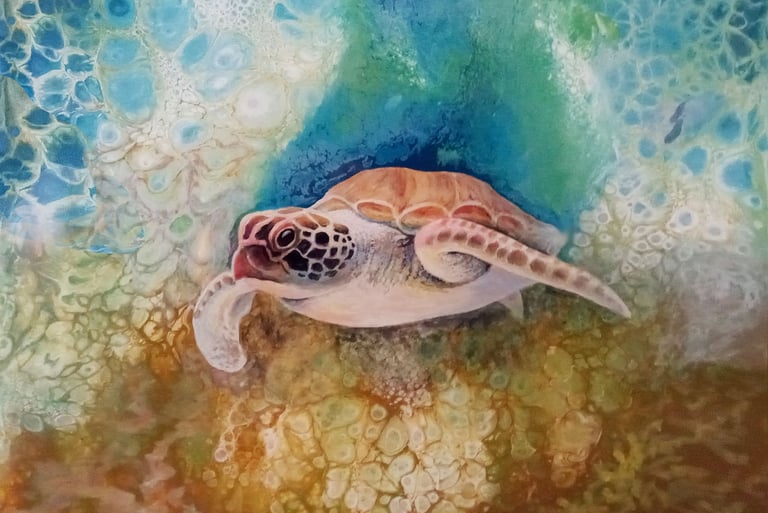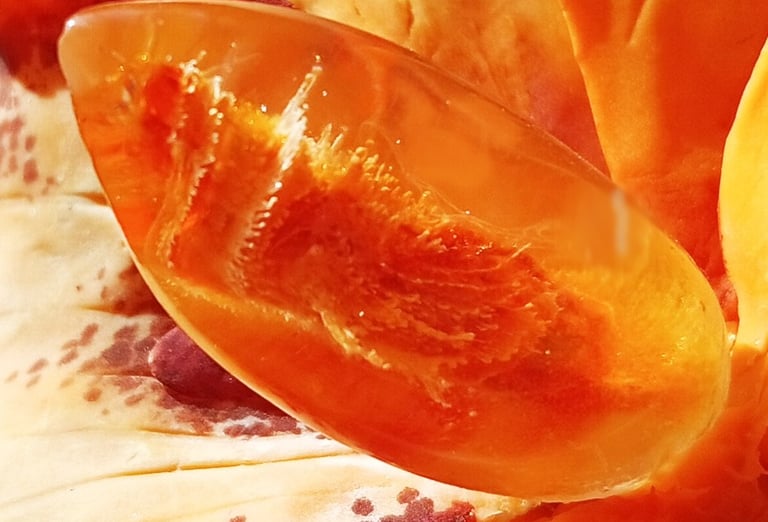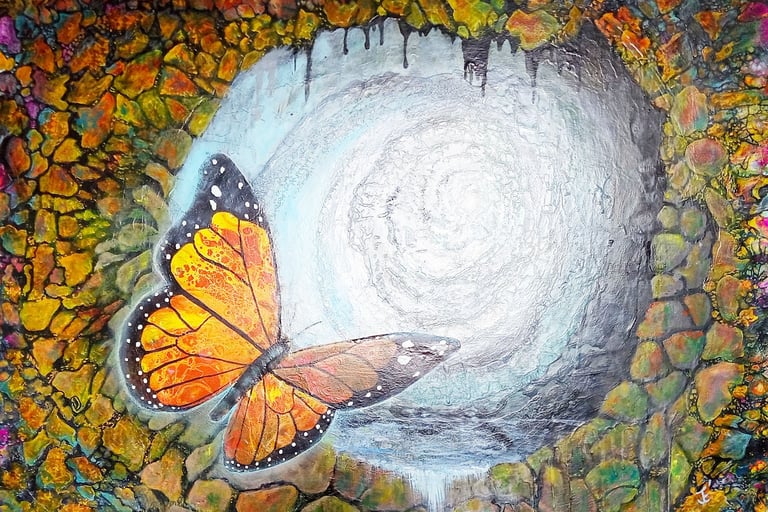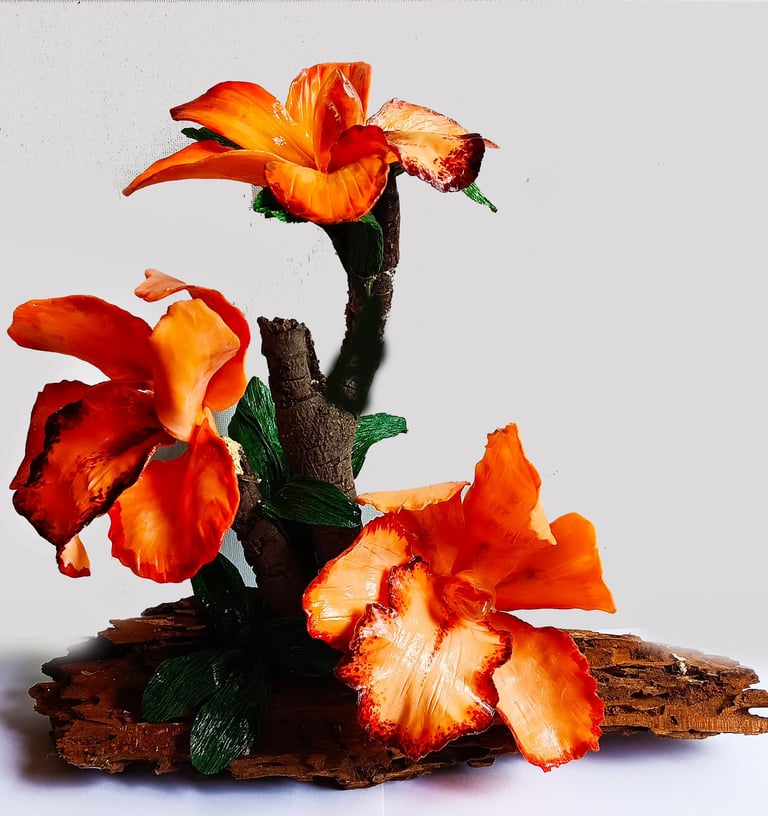

The Sea in Which We Swim
We don't notice our own culture. It's just normal, the way things are. A fish must swim in the sea in which it has hatched and we must swim in the culture that surrounds us. We don't notice it's influence-any more than fish notice that they are wet.
We all think our family, our very way of life, is normal until we have something to compare it to. A little boy in Nigeria plays with sticks and discarded bottles and has fun just like our kids who play with pricey plastics. The little Nigerian boy is perhaps not feeling deprived until he sees an American child's playroom.
I've noticed that what some call racism is more like tribalism. WE are us and they are them and they do disgusting things like eating grubs and bathing in polluted rivers. They wear different clothes and worship other gods and since we are obviously good then they are obviously bad.
We seldom examine our own culture critically. Are we fair; how do we treat those who can do us no good? Is our food all that good for us? Can we live decent lives in peace? Can we only live decent lives in peace if we have a big bank account? Are those without a big bank account still “us”? Can we do better?
I've wondered about why we don't examine our culture critically, but then we tend to not examine our selves critically, either. We are good, we are right, we are the best. Self-loathing is not healthy either. In this, as in all things, balance is best. It is best to admit where we have done wrong and fix it if possible. Then we can move on without the burden of carrying a lie. That is a very liberating act. On the other hand, we have done good things and it is fine to feel good about those times-so good we want to do more good things. Wouldn't that be a better world?
Sea Turtle, acrylic and epoxy, 16 X 20




Butterfly for Frida
Frida Kahlo was born in Mexico in 1907. She overcome polio as a child, but never really recovered from a devastating trolley accident when she was eighteen.
She broke many bones and was impaled by a handrail. in 1925 how did she survive? He father built an easel over her bed. She married world famous muralist Diego Rivera and kept painting. But she was always in pain. She wrote in her journal the night before she died: "I hope the leaving is joyous and I hope I never return."
I get it Frida. So I made you as a butterfly, leaving with joy.


Orange Orchids on a Log
Last week I tragically found out I had developed an allergy to epoxy. I had been pretty cocky, didn't wear gloves or a respirator and I got away with it for two years. Well, I guess you get away with foolishness until you no longer do.
Big, hot, red welts appeared on my arms and legs, which spread, itched like crazy and eventually peeled like a sunburn. I was sad. I like epoxy, I had many more experiments I wanted to try and had just bought a gallon of epoxy, which costs about $100.
Maybe I can dress up like Dexter and still do it? I've never seen Dexter, don't have a TV, but I understand he kills serial killers and has a room equipped with tarps and wears protective equipment?
I found a Youtube of another artist in the same boat (as me, not Dexter) and she has all kinds of personal protective equipment and still uses epoxy, so I will get brave enough to try it. Probably.
"Orange Orchids" have an epoxy pistil which I made earlier and leaves made from cold porcelain clay, the only clay that can get as thin as a flower petal. The logs were found beside the road on one of my morning walks. I've got an absurd amount of pretty logs, which are NOT junk-they are beautiful! Poems are made by fools like me, but only God can make a tree, right? And only time can carve them into those organic shapes.
Have a great day, J